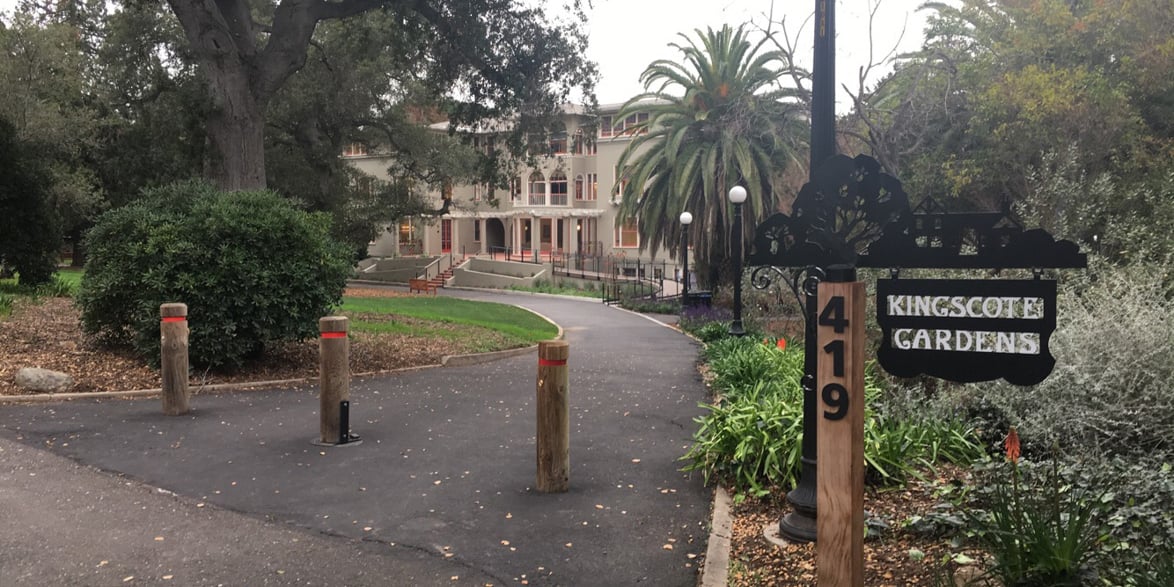On Nov. 30, the Associated Students of Stanford University (ASSU) Sexual Violence Prevention Coalition held a workshop to explain how students can participate in the public comment period regarding recent changes to Title IX policies proposed by Secretary of Education Betsy DeVos.
DeVos’ proposal, announced on Nov. 16, would reduce liability for universities, narrow the definition of sexual assault and allow for cross-examination between the accused and accusing parties, although not between the accused and the accuser themselves.
Currently, the proposed changes are undergoing a 60-day public comment period, during which institutions and individuals can submit feedback. After the public comment period, the policy will have the force of law, unlike the current Obama-era regulations.
According to a November Notes from the Quad post, Stanford’s sexual assault procedures would not be affected by the proposed policy change, but the University administration still plans to participate in the public comment period, as does the ASSU.
The public comment workshop followed three days of tabling in White Plaza, in which the Sexual Violence Prevention Coalition provided documents explaining the proposed changes, as well as information on how to submit a comment.
At the workshop — punctuated with stress balls, trigger warnings and donut breaks to account for the mental health of the participants — coalition co-director and Ph.D. student Emma Tsurkov explained Devos’ proposed changes, arguing that the new guidelines would make it more difficult to report harassment and to convict the accused.
Following her explanation, coalition board members Maia Brockbank ’21, Krithika Iyer ’21 and Julia Paris ’21 explained how participants could submit comments on the proposed legislation. They advised that students wishing to submit a comment avoid templates and include personal stories and data to reinforce their claims.
“Make it easy for them to understand you and hard for them to brush you off,” the coalition wrote in a sheet of tips distributed to students.
Brockbank, Iyer and Paris also noted that the Department of Education is required to respond to every comment it receives. While the overarching message of the guidelines was unlikely to change, the board members explained, these comments could not only have a bearing on decisions made by state circuits, but also create small changes in the legislation itself.
The ASSU plans to submit a statement written by Brockbank, Iyer and Paris. At the workshop, they welcomed feedback and suggestions from participants but also urged them to write their own comments.
“It’s important to get involved and make sure your voice is heard,” said workshop participant Annabel Conger ’21.
Already, Tsurkov said that she has seen improvements in the way that University administration is addressing sexual violence in response to DeVos’ proposed changes.
“It’s not perfect,” she said. “There are things that could be better. But I think I’ve seen in my years a change for the better.”
However, according to board members, the public comment period remains the top priority of the Sexual Violence Prevention Coalition.
“We’re going to provide [information] for students about notice and comment,” Tsurkov said. “In general, we hope that anyone who has the mental capacity to engage with this right now does [so].”
Contact Anushree Thekkedath at anuthekk ‘at’ stanford.edu.
